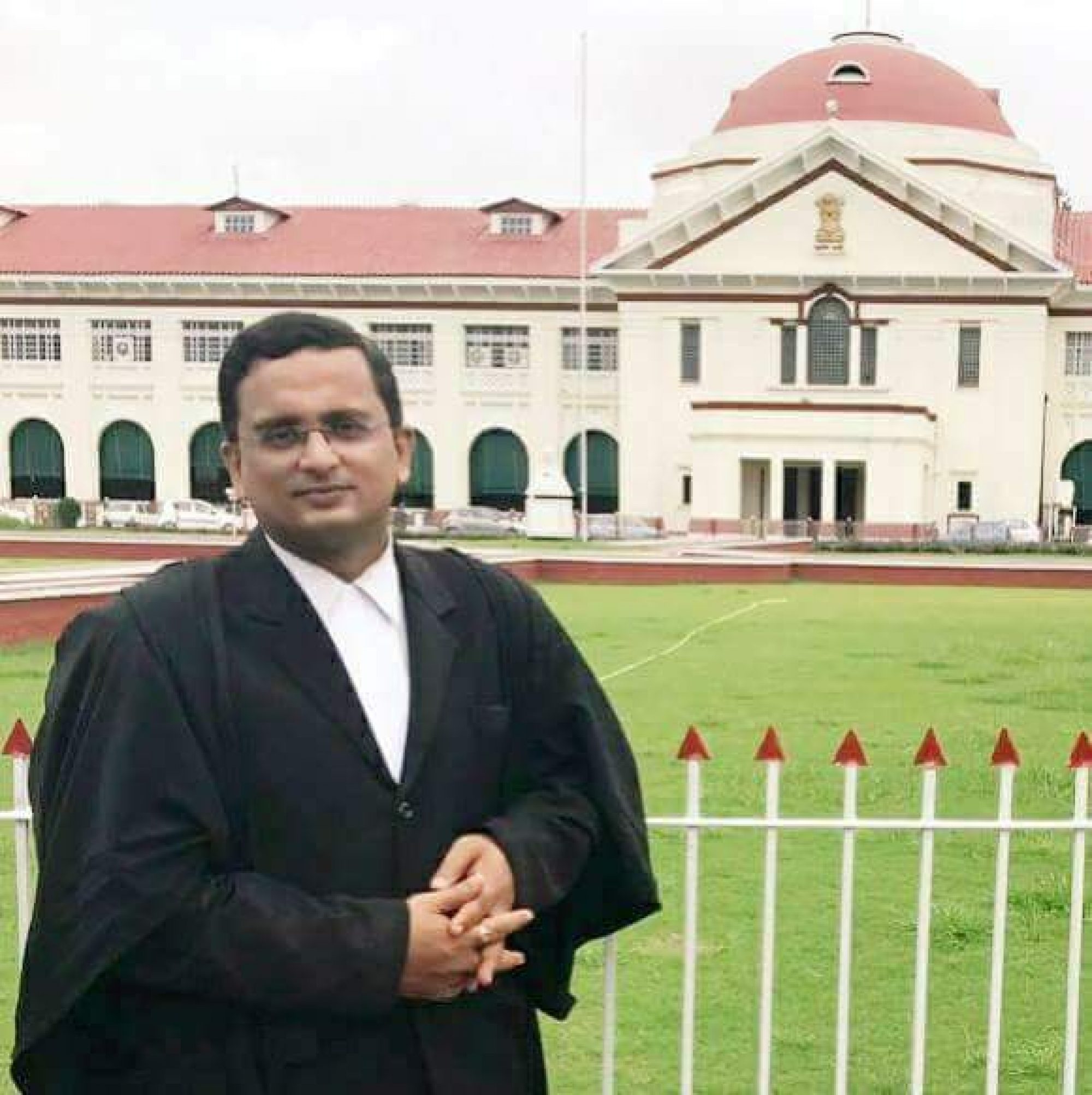
Reporting By: Amit Kashyap
Gone are the days, when we used a short message service or a formal website chat-box to communicate with our kith and kin. They were replaced by personalized messaging apps like WhatsApp, Facebook Messenger, Viber etc.
Like it or not, we are all part of various WhatsApp/Facebook groups. In fact, nearly all of us are in more groups than we’d prefer.
Fun and games so far. However, things get serious when we start these groups or are assigned the hallowed privilege called– ‘The Group Admin’.
A person who creates the WhatsApp/ Facebook group is called the Administrator of the group and he may also make other members as Group Admin. The said admin/s has certain powers bestowed upon i.e., adding/removing a member etc. Due to the lack of moderation of these groups, the members are at almost free reign to post/share any kind of data that they wish in terms of messages, voice notes, videos, songs, etc.
In various cases a legal issue came before Hon’ble Bombay, Delhi & Kerala High Court for adjudication-
Can an Admin of a messaging service group be held criminally liable for the offensive content posted by member of a group?
In Kishor v. State of Maharashtra,(2021 SCCOnLine Bom 654 case, an application under Section 482 of the CrPC was filed before the Nagpur Bench of the Bombay High Court challenging the charge-sheet that named the applicant as an accused. The applicant was charged for being a WhatsApp admin (a position that many of us have occupied) of a group in which one of the members allegedly used filthy language including sexual coloured remarks against another member of the same group.
The charges levelled against the admin were serious- ‘sexual harassment and punishment for sexual harassment (S. 354-A, IPC), ‘words, gestures or acts intended to outrage the modesty of a woman’ (S.509, IPC), ‘punishment for publishing or transmitting obscene material in electronic form’ (S. 67, IT Act) and ‘abetment of a thing’ (S. 107, IPC).
If you are wondering whether these allegations are a little too drastic to be levelled against an admin of a group, let us clear the air and inform you that this was not a one-off incident.
According to the Bombay High Court-
“A group administrator cannot be held vicariously liable for an act of a member of the group, who posts objectionable content, unless it is shown that there was common intention or pre-arranged plan acting in concert pursuant to such plan by such member of a Whatsapp group and the administrator.”
In other words, WhatsApp admin does not incur liability solely on the ground that he holds such a position within the group. Thus, even if the admin does not remove the member who posted objectionable content on the group, he would still not be liable.
Similarly, while determining a civil defamation case, the Delhi High Court in Ashish Bhalla v. Suresh Chawdhary,(2016 SCCOnLine Del 6329) observed that an admin of a group cannot be held liable. According to the Delhi High Court –
“When an online platform is created, the creator thereof cannot expect any of the members thereof to indulge in defamation and defamatory statements made by any member of the group cannot make the Administrator liable therefor. It is not as if without the Administrator’s approval of each of the statements, the statements cannot be posted by any of the members of the Group on the said platform.”
Another aspect in these cases which is worth examining is the routine invocation of the provisions of the Information Technology Act, 2000. In this context, the Bombay High Court clarified that an admin, by merely creating a group does not publish or transmit material over the internet. Thus, the Court drew a distinction between a mere group admin and an intermediary under the Act.
The term intermediary refers to any person who, on behalf of another person, receives, stores or transmits an electronic record or provides any service with respect to that record. Generally, the admin of a group does not store or receive electronic records on behalf of another. Rather, it it is WhatsApp itself which is arguably an intermediary as it acts as medium between two or more persons.
Recently in a similar matter Kerala HC in Manual v. State of Kerala, 2022 SCC OnLine Ker 990, held that-
“In the absence of a special penal law creating vicarious liability, an Admin of a WhatsApp group cannot be held liable for the objectionable post by a group member.”
Hon’ble Court further added that-
there is no master-servant or a principal-agent relationship between the Admin of a WhatsApp group and its members. It goes against basic principles of criminal law to hold an Admin liable for a post published by someone else in the group.
According to the Courts, the only privilege that an admin enjoys is to add or delete members from the group, apart from creating the group itself.
However, in many cases, the current admin may not even be the person who created the group. For instance, Junaid Khan, an admin of a WhatsApp group was arrested and charged with sedition as well as other offences under the IT Act. However, Junaid had not created the group but became the admin by default when the original creator exited.
Of course, there are limits to what one can say on a public platform and there must be consequences, in certain cases, but a narrowly focussed defamation action against the maker of the statement may be enough to address that mischief. It is high time that law enforcement agencies learn from the above decisions and refrain from making an artificial distinction between the members and the admin and initiating frivolous prosecutions.
***********
